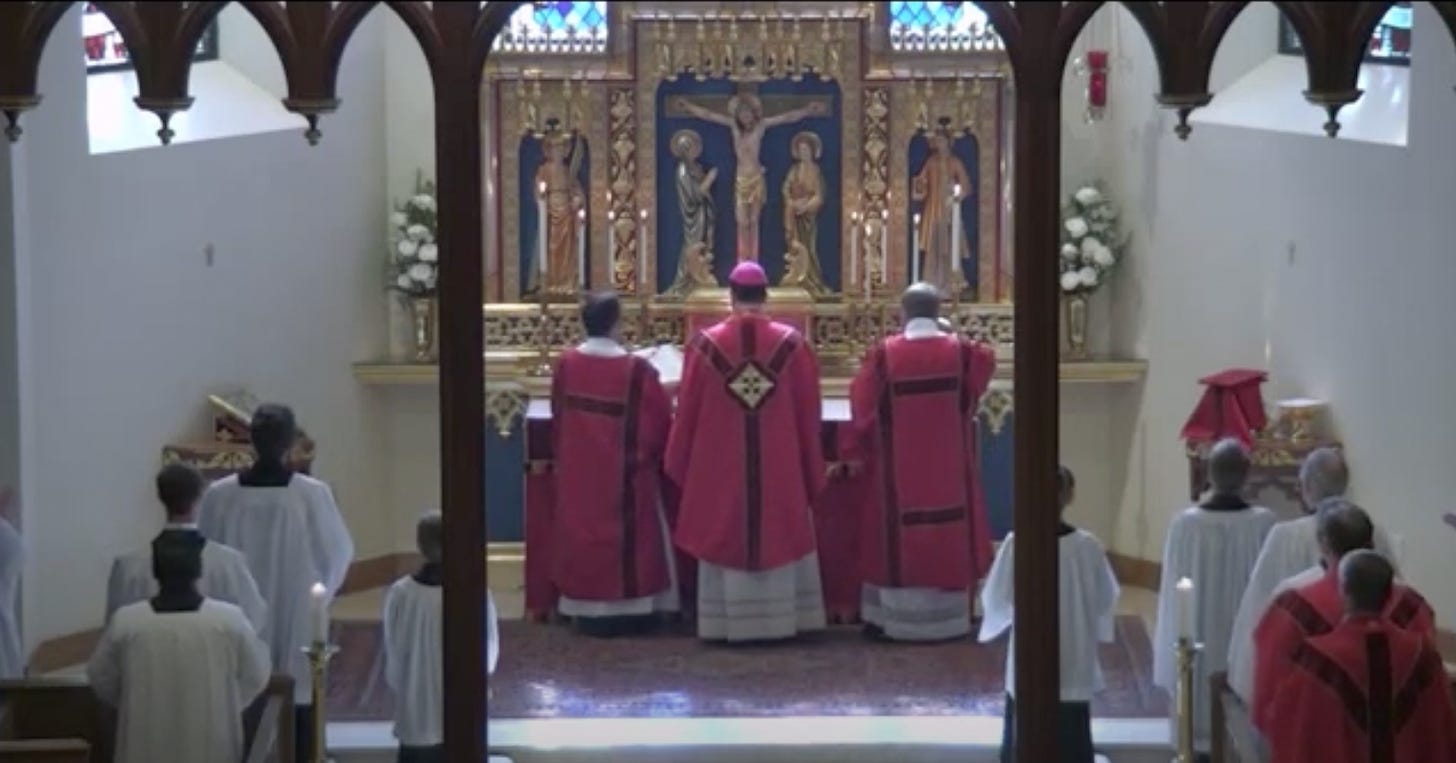
At the center of Pope Francis’s 2021 motu proprio Traditionis custodes is a call for liturgical unity among Latin Catholics, a sense that worship accordi…

At the center of Pope Francis’s 2021 motu proprio Traditionis custodes is a call for liturgical unity among Latin Catholics, a sense that worship accordi…